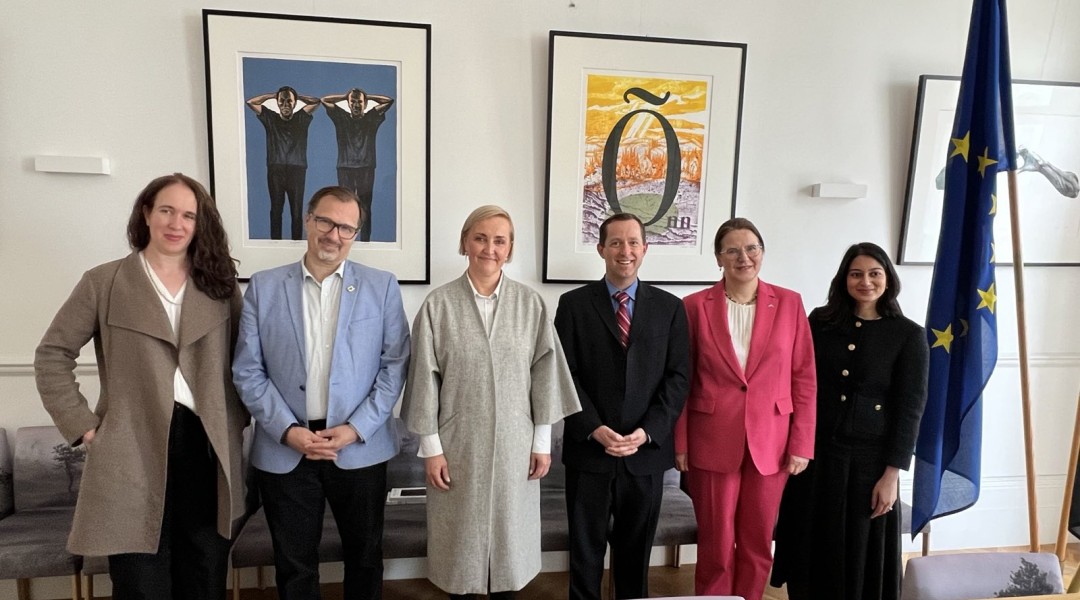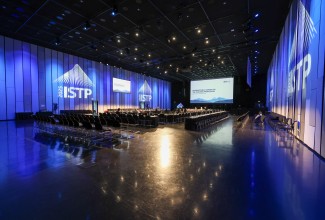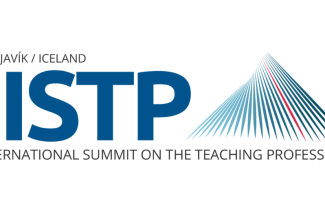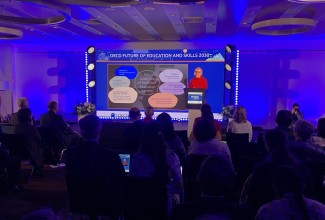On the sidelines of the event, Minister Kristina Kallas expressed her appreciation for OpenAI’s swift engagement and constructive partnership, and provided an overview of Estonia’s strategic objectives for the initiative.
“I came away reassured that we share a common understanding, and we will continue negotiations to formalize our partnership through a framework agreement,” said Kallas after the meeting. She emphasized that integrating AI into education is not just about adopting new technology, but about transforming learning to better support individual growth, creativity, and critical thinking.
“It is essential that educators are equipped to use AI responsibly and effectively — with an awareness of both its possibilities and its risks. A lack of direction or passive approach presents a greater risk than the technology itself,” she noted.
Minister Kallas emphasized that the true measure of success will be whether teachers are both willing and able to integrate AI meaningfully into their teaching practice — and whether they see it as a supportive tool rather than a burdensome requirement. “If, a year from now, teachers can describe how they use AI in the classroom and feel that it genuinely helps them teach better, then we will know we are on the right course,” she stated. She further highlighted the importance of ensuring that all technologies deployed in education must support the Estonian language.
OpenAI was represented at the meeting by Kevin Mills, Head of Education and Government GTM, and Leah Belsky, Vice President and General Manager of Education. They highlighted Estonia as one of the few countries engaged in such close collaboration with OpenAI. Estonia is seen as an ideal pilot country thanks to its society’s openness to educational innovation, strong partnerships with research institutions, and the active involvement of teachers. OpenAI confirmed that Estonian language support is a key part of the collaboration, and development in this area will continue actively.





